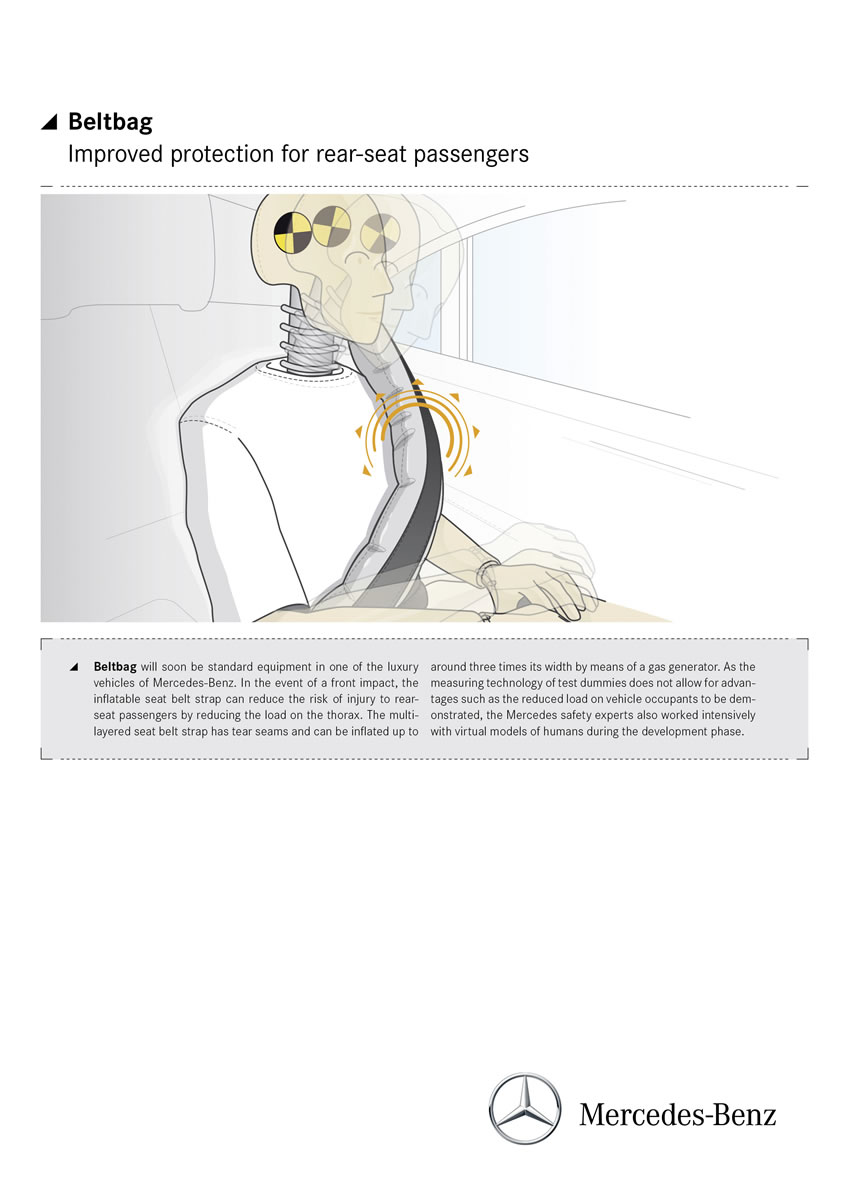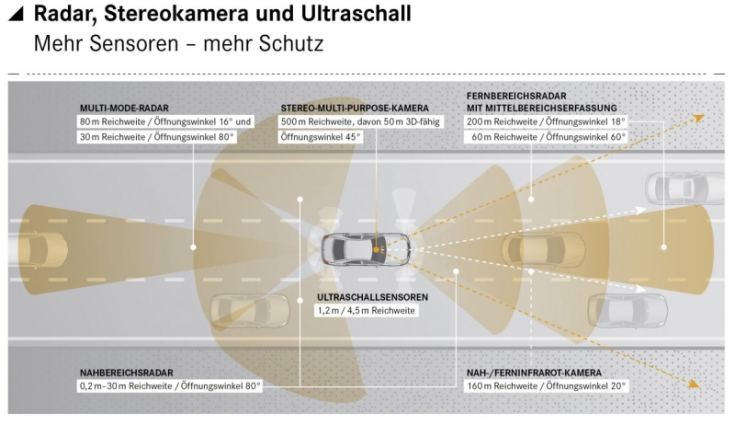It’s no secret that Americans do not get enough sleep. This isn’t just a health issue; it’s also a public safety issue. Recent studies show that drowsy driving leads to 100,000 accidents in the U.S. each year, more than drunk driving. During a panel discussion at the National Sleep Foundation’s Sleep Health and Safety 2010 Conference recently held in Washington, D.C., a Mercedes-Benz executive explained that in order to prevent these accidents and advance safety technology into the future, you must look to the past.
Sascha Simon, head of advanced product planning for Mercedes-Benz USA (MBUSA), said, “Moving forward means going backward in time. When people think about safety, they think about passive safety features like airbags that are designed to mitigate the impact of collisions. The other aspect is active safety – technology like traction control and handling dynamics that help enable vehicles to avoid collisions. The next dimension is helping drivers avoid the situations that can lead up to collisions. The Mercedes-Benz ATTENTION ASSIST™ system monitors drivers so they don’t get into dangerous situations in the first place. This is accident prevention at its best because it can help stop accidents before they happen.”
Simon explained that the Mercedes-Benz ATTENTION ASSIST™ uses an algorithm to produce an individual driver profile that recognizes typical patterns of behavior and then compares that profile with current data from sensors to detect the driver’s transition from a state of alertness to a state of tiredness – – with 70 parameters measured in total. Over the course of several years of drowsy driving research, company scientists observed several consistent behaviors during early stages of drowsiness behind the wheel, including trouble steering a precise course in their lane and making minor steering corrections both quickly and abruptly.
The in-vehicle sensors used in ATTENTION ASSIST™ can detect unintentional lane departures, delayed reaction times coupled with over-corrective steering as well as driver inactivity. That data is then combined with information detailing the time of day and the length of time the driver has been behind the wheel. When drowsy driving is detected, ATTENTION ASSIST will sound an alarm and offer a visual warning in the form of a coffee cup, displayed in the vehicle’s instrument cluster.
“Mercedes-Benz has a long history of pioneering safety features and is a leader in safety patents. ATTENTION ASSIST™ was built on existing sensor data used in our array of safety systems, including Lane Keeping Assist and Brake Assist. As we shifted our focus from the vehicle to the driver, we conducted more than10,000 tests with 670 drivers over more than 600,000 miles to develop this innovative, next-generation technology.”
ATTENTION ASSIST™ is standard on all 2010 E-Class coupes, sedans and 2011 cabrio models as well as the V8 and V12 S-Class sedans.


